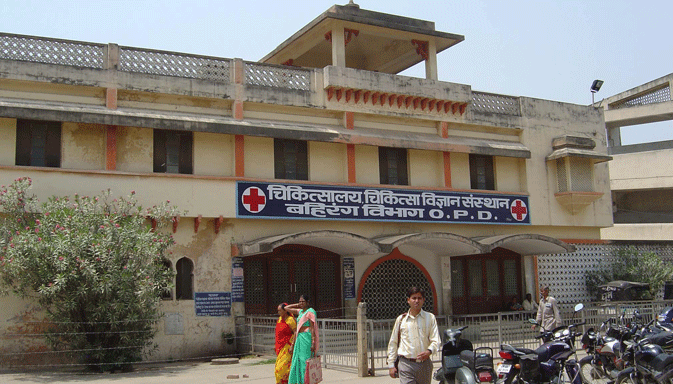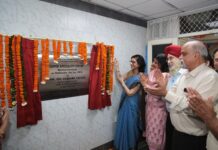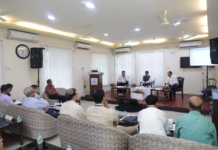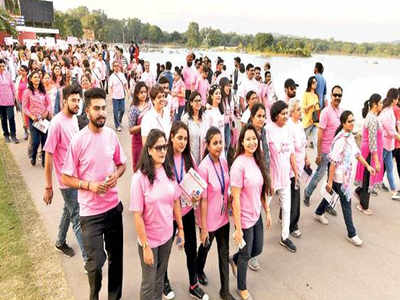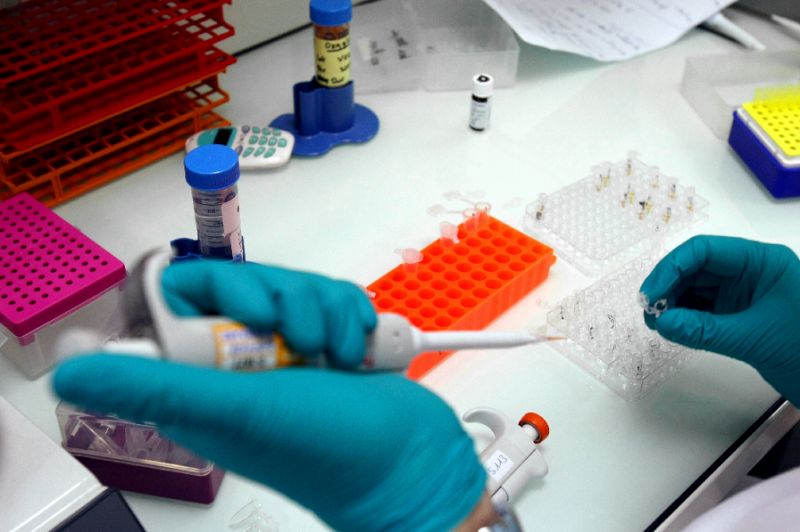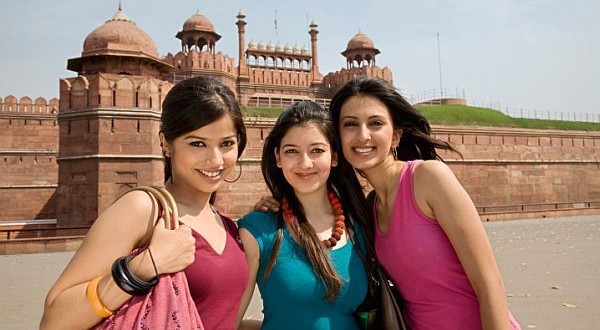Varanasi|
Sir Sunderlal (SSL) Hospital of Banaras Hindu University (BHU) will have the first pain and palliative care ward in the country. It would start functioning from Friday.
Medical superintendent of SSL Hospital, Dr O P Upadhyay said that ward will be opened for terminally ill patients for best possible treatment. The six-bedded ward will provide relief from acute pain and trauma due to diseases to patients from east UP, MP, Bihar, Nepal as well as other places.
He said that a proposal of Rs 20 cr for a National Centre of Pain and Palliative Care has also been sent to University Grants Commission (UGC) and Union ministry of health and family welfare, which is also under consideration. A copy of the proposal has been forwarded to Prime Minister Narendra Modi.
According to in-charge of pain and palliative care division, SSL, BHU, V Rastogi, the biggest role of palliative care is pain management, especially in cancer patients. The basic purpose of palliative care is improving the quality of life of patients suffering from diseases like cancer or other diseases where patient is in an incurable stage. Cancer patients, paraplegic patients or patients with degenerative disorders, require support in various spheres and palliative ward relieves pain and offers a support system to help the family cope during the patient’s illness. Rastogi said that of over 10 lakh cancer patients, about 4-5 lakh people suffer from excruciating pain and lakh others suffer from lower back pain and also slip disc.
The first pain clinic OPD was established in SSL hospital in BHU in 1980. In 1999, a pain and palliative care division was created and post doctoral certificate course in pain management was started in 2008, followed by SGPGI in Lucknow. The Institute of Medical Sciences, BHU is now keen to start DM courses in pain management and an approval for the same is awaited from Medical Council of India (MCI).
Meanwhile, the renovated hi-tech intensive care unit (ICU) will be inaugurated by BHU VC G C Tripathi on Friday. It has been renovated at the cost of Rs 2 crore. Dr Upadhyay said that the 16-bedded ICU is centrally air-conditioned and has been designed so that it is operated with batteries in case of power cuts. All the beds are equipped with ventilators and fitted with multi-para monitors to give the vital information of all sensitive parameters of critically ill-patients so that corrective measures are taken immediately. In case of kidney failure, dialysis and CRRT will be easily available for patients. Besides, defibrillators and pace makers are also in place to correct any abnormal rhythm of heart.
Head of the department of anaesthesiology Pushkar Ranjan said that precaution has been taken to minimize infection, which is one of the major causes of mortality in ICU. Hepa filters have also been fixed at designated areas to keep the ICU infection-free and arrangements for temperature adjustments have also been put in place, said Ranjan. He added that the mortality rate of critically ill patients was 100% in absence of ICU but with its existence they are being able to save over 50% patients and with hi-tech, ICU survival rate will further improve.
The hospital administration is keen to increase the number of beds from 16 to 30 in future. “Although our requirement is of 60 beds, yet we will first try to increase the number of beds to 30. Besides, we will also set up a 6-10 bedded moderate ICU in each ward of the hospital within six months,” Upadhyay added.
Inputs:TNN


